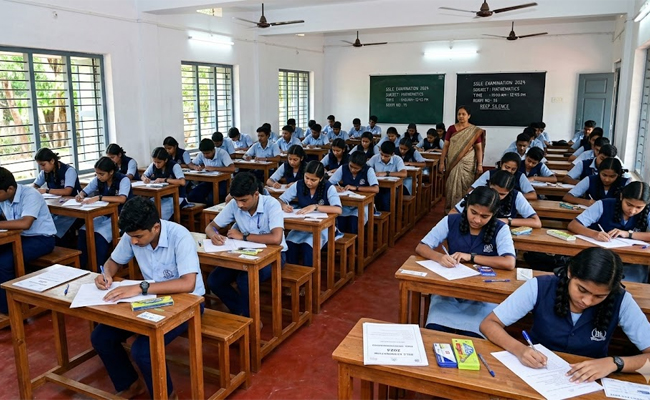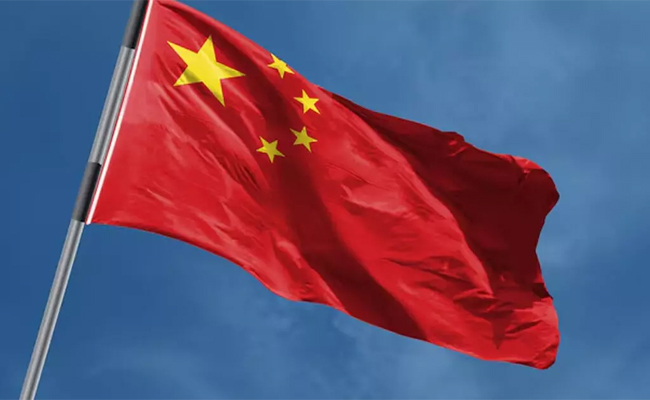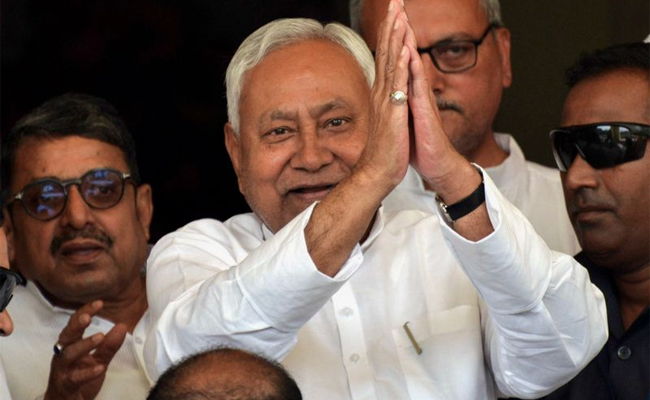New Delhi, July 20 : As the government served WhatsApp with a second notice asking it to check the spread of fake and provocative content, the Facebook-owned platform on Friday said it is launching a test to limit forwarding that will apply to everyone in India.
"In India where people forward more messages, photos, and videos than any other country in the world, we'll also test a lower limit of 5 chats at once.
"We will also remove the quick forward button next to media messages," WhatsApp said in a blog post.
In its second notice, the Ministry of Electronics and IT (MeitY) on Thursday said WhatsApp has been requested to come out with more effective solutions that can bring in accountability and facilitate enforcement of law in addition to their efforts towards labelling forwards and identifying fake news.
"It has been conveyed to them in unmistakable terms that it is a very serious issue which deserves a more sensitive response," MeitY said.
WhatsApp said that with new changes, which it will continue to evaluate, "will help keep WhatsApp the way it was designed to be: a private messaging app".
"We are deeply committed to your safety and privacy which is why WhatsApp is end-to-end encrypted, and we'll continue to improve our app with features like this one," it added.
In its first reply, WhatsApp wrote to the IT Ministry, saying the company is horrified by terrible acts of violence.
The IT Ministry had asked WhatsApp to ensure that the platform is not used for malafide activities over the growing instances of lynching of innocent people owing to large number of irresponsible messages filled with rumours.
WhatsApp, which has over 200 million monthly active users in India, listed several measures it is taking -- including labelling Forwarding messages -- to control the spread of misinformation and abuse on its platform.
Several people have lost their lives in the past one year by lynch mobs after rumours of child lifting triggered via messages on WhatsApp.
Let the Truth be known. If you read VB and like VB, please be a VB Supporter and Help us deliver the Truth to one and all.
Thiruvananthapuram (PTI): The SSLC (Class X) examination commenced in schools across Kerala on Thursday.
Kerala General Education Minister V Sivankutty wished students appearing for the SSLC examinations success and urged them to approach the tests with confidence.
Apart from the SSLC examination, the Plus One examination also commenced on Thursday, while the Plus Two examination will begin on Friday.
As many as 4,17,497 students are appearing for the SSLC examination, which is being held at 3,047 centres.
ALSO READ: Nitish likely to file nominations for Rajya Sabha polls
A total of 633 students have registered for the SSLC examination from the Lakshadweep region.
Similarly, 633 students have registered for the SSLC examination in the Gulf region, where the examination has been postponed due to the ongoing conflict in West Asia.
The examination will conclude on March 30.
According to the Education Department, valuation camps for the exam papers will be held from April 7 to April 28, and the results are expected to be declared in May.
Sivankutty, in a Facebook post, said examinations should not be viewed with anxiety but as an opportunity to express the knowledge students have acquired.
Noting that students are appearing for the exams after completing their studies with revised textbooks based on the New Curriculum Framework 2023, introduced after a gap of 11 years, the minister said the new evaluation system aims to assess 21st-century skills such as critical thinking, analytical ability and creativity.
He also assured students that there are no changes in the examination structure this year and cautioned them against attempts by some people to deliberately spread fear in connection with the exams, urging them to reject such messages with discretion.
He reminded students that the Class 10 examination is only a qualifying test for higher studies and that the government has ensured Plus One seats for all students in Kerala.
The minister further urged students to prioritise their physical and mental health during the exam period by maintaining proper sleep and food habits.
“This is not the last examination in life. A world of opportunities lies ahead of you. Enter the examination hall with a calm mind,” he said, wishing all students success.
As many as 4,11,025 students have registered for the Higher Secondary (Plus One) examination and 4,52,437 students for the Higher Secondary (Plus Two) examination, which will conclude on March 28.





